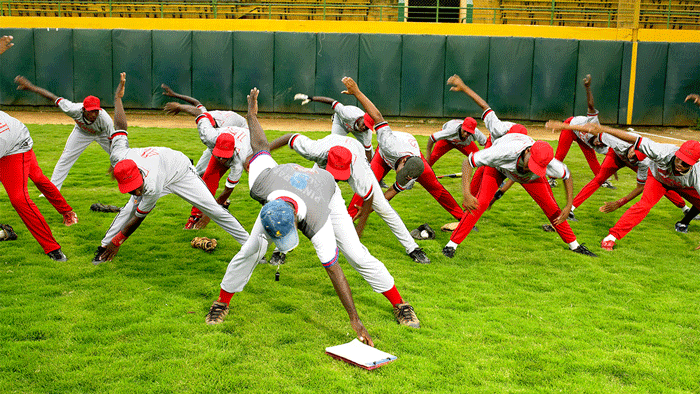By by Keith Ferrazzi and CeCe Morken
For Harvard Business Review
Photo: Hans Neleman/Getty Images
Summary.
New research reveals that how we perform work as a team contributes more to resilience than external stressors. On resilient teams, individuals feel responsible for energizing each other. This is in stark contrast to teams who are challenged by frustrating ways of working and fractured relationships. As we move into the third year of pandemic uncertainty, adopting three simple practices will help managers build more resilient — and re-energized — teams.
Keeping a team’s energy dialed up through tough times has always been a challenging task — but sustaining resilience in a pandemic? Nobody has written a playbook for that. As Gallup asked in its end of 2021 report: “How can managers be expected to improve the engagement and wellbeing of your workforce if they, themselves, are burned out?”
Through our coaching practice, we have gathered data on the behaviors and practices of 272 global businesses. This dataset has helped us to codify three simple-to-execute, high-return practices that teams can adopt to reboot their mindset, ignite energy, and boost performance.
1) Resilient teams know that “collaboration” doesn’t equal “meetings.”
We all know meetings are overabundant. An April 2021 survey of 1,000 full-time remote workers by the meeting scheduling tool Doodle found that 69% of respondents said their meetings had increased since the pandemic started, and 56% said schedule overload was damaging their job performance. By one estimate, up to $283 billion is lost annually from unproductive meetings.



